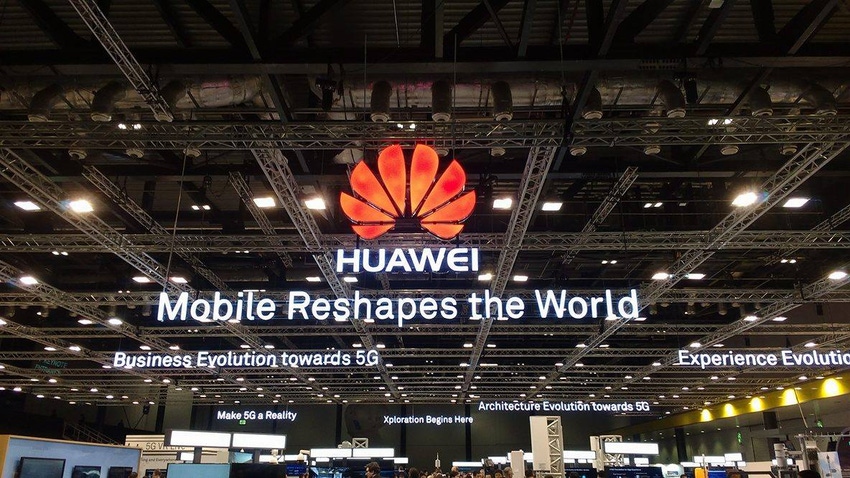Huawei’s Mate 30 is void of any US components
If the objective of the White House was to destroy Huawei by undermining its supply chain, the strategy is seemingly heading towards failure.
December 3, 2019

If the objective of the White House was to destroy Huawei by undermining its supply chain, the strategy is seemingly heading towards failure.
Only a few months after announced it had built a 5G base station without US contributions, Huawei has now stated its latest smartphone is free of US components also. According to device teardown by UBS and Fomalhaut Techno Solutions, originally cited by the Wall Street Journal, Huawei has managed to find supply chain alternatives for every US supplier.
“We would like to continue using American components,” said Huawei Head of Cybersecurity John Suffolk. “It’s good for American industry. It’s good for Huawei. That has been taken out of our hands.”
While some might have been nervous about the Huawei ban when it first emerged out of the Oval Office, some fears may have been lessened today. With Huawei capable of producing smartphone products and 5G base stations without purchasing hardware from US companies, it does appear the economic dirty bomb dropped by the White House will not have the desired impact, as it did on ZTE in 2017.
What is worth noting is that hardware is only half the battle when it comes to delivering consumer experience; the software is equally or more important. Without Google services or the Android operating system, Huawei’s smartphone business is most-likely to see a slow in sales in Western markets.
However, what remains to be seen is whether the devices and base stations are in-line with the high-standards customers, both consumers and telcos, have become used to. Changing the components of a products is highly-likely to impact performance in some manner, though whether this is a material downgrade remains to be seen.
This outcome might irritate the strategists in the White House, though it does appear another plan is currently in the works.
According to two sources, the US Government is considering extending the trade ban. Not only would the new scope include US companies, but also companies who are based in allied countries of the US. This would most likely create a catastrophic impact to Huawei’s business.
What is worth noting is that just because the US wants allies to place trade barriers in-front of Huawei doesn’t mean they actually will. Most US allies have refused to ban Huawei from selling 5G products to telcos, despite pleas, posturing and threats. The huffing and puffing from the White House does not seem to have that much impact on European nations, for example.
President Trump might have spent his first 70 years forcing his will on others in the commercial world, but he has found out Presidents and Prime Ministers of sovereign nations are not as easily swayed by temper tantrums.
About the Author(s)
You May Also Like








.png?width=300&auto=webp&quality=80&disable=upscale)


_1.jpg?width=300&auto=webp&quality=80&disable=upscale)


.png?width=800&auto=webp&quality=80&disable=upscale)